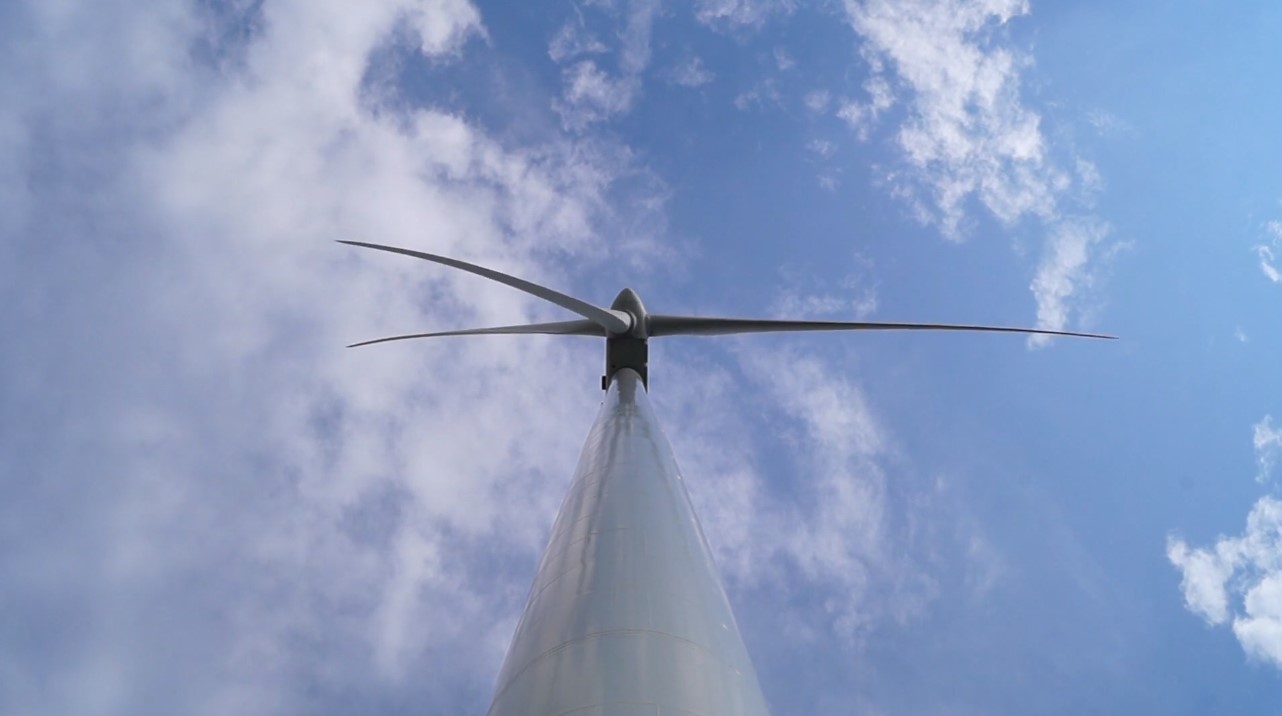National Grid ESO and UK Government address challenges in electricity sector at Waterfront Conference
In an effort to electrify the transportation sector, the UK is set to witness a doubling of electricity demand from 2023 to 2050. Approximately 83GW of low-carbon renewable and nuclear capacity has been connected, accounting for nearly half of the country’s electricity in 2022. However, projections from National Grid’s future energy scenarios indicate a need for 123-147GW of capacity by 2030, necessitating a substantial increase in construction, particularly in solar and offshore wind projects.
As of March 2023, the current connections queue holds around 280GW of projects awaiting connection, hindering progress toward achieving net zero. New applicants are being assigned connection dates more than a decade into the future, causing delays in the deployment of renewable energy infrastructure. Moreover, projects further up the queue that are not ready to connect can impede the timely supply of energy from other projects.

Recognising the situation’s urgency, the National Grid ESO has developed a five-point plan to address near-term challenges:
- TEC Amnesty – enabling developers to terminate contracts without liability.
- Updating modelling assumptions to reflect current connection rates.
- Revising storage treatment (including batteries) to facilitate faster connections and free up capacity.
- Developing new contract terms for efficient management of the connection queue.
- Offering interim options for storage projects to connect sooner, albeit with intermittent operation requirements.
The UK Government is also taking action through various initiatives:
- Centralised Strategic Network Plan (Similar to HND) to support significant upgrades of both the distribution and transmission upgrades.
- Accelerated Strategic Transmission Investment (ASTI) framework
- OTNR Future Framework
- ESO Connections Reform
- Changes to the planning regime – including a refresh of the National Policy Statements
Storage projects, comprising short-term (e.g., batteries, compressed air) and long-term (e.g., pumped hydro) solutions, are crucial for the future of the UK’s energy system. The ‘First Connect’ approach aims to accelerate battery projects ready for immediate progress. However, the requirement for flexibility, such as operational guidance and payment during operation only, introduces risks that may challenge project viability. Overcoming these challenges will be critical to attracting continued investment in battery storage.

Legislation and policy changes will also play a pivotal role in expediting project delivery. Noteworthy developments include the Welsh Infrastructure Bill, which will replace the existing DNS regime with a combination of DNS and NSIP regimes, requiring developers to obtain an Infrastructure Consent Order. The introduction of New Energy National Policy Statements (NPS) in autumn 2023 is also anticipated, focusing on renewable energy infrastructure and electricity networks.
In recognition of the need for DNO’s to review their approach, UK Power Networks (UKPN) has transitioned from a Distribution Network Operator to be the UK’s first Independent Distribution System Operator (DSO). Their DSO strategy centres around five pillars, including facilitating cost-effective connections, leveraging customer flexibility as an alternative to network upgrades, developing enhanced system operator capabilities, collaborating with industry stakeholders, and preparing for the uptake of electric vehicles.
While the challenges and problems are well understood, solutions remain complex. However, the recent Connection Agreement reform is expected to have an immediate impact. Uncertainty persists regarding the future of energy storage, necessitating urgent policy and strategy updates. Speed and digitalisation are critical enablers in navigating these changes. With determination and collaborative efforts, all stakeholders are poised to tackle the challenges ahead in achieving a sustainable and low-carbon energy future.









